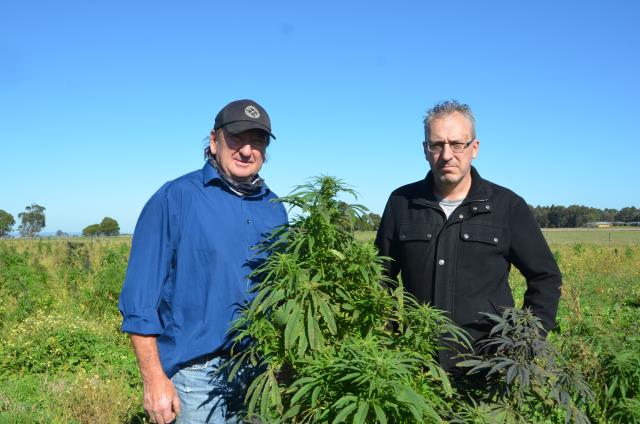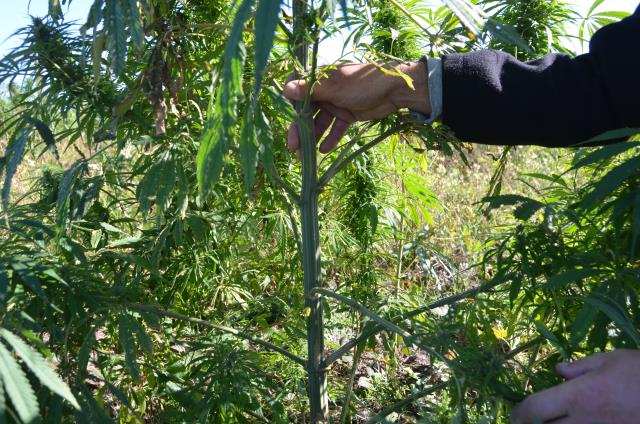
By Shelby Brooks
A couple’s dream to turn industrial hemp into sustainable building material at a farm in Vervale has been knocked back by the state’s planning tribunal.
As previously reported in the Gazette, Andrew and Renee Little had hoped their property on Murray Road would become Australia’s first fully organic hemp growing farm, with the purpose of processing the crop into Hempcrete Panels.
Hempcrete can be used as an alternative to traditional building materials for construction and insulation.
But in a ruling released on Monday 2 May, VCAT member Judith Perlstein upheld Cardinia Shire Council’s original decision to block the farm from creating the sustainable product, determining the process was an industrial pursuit, not agricultural.
Ms Perlstein compared the process to making coleslaw.
“While there was considerable discussion about the steps involved, the continuum, the difference between shredding cabbage in bags to sell and adding mayonnaise to cabbage to make coleslaw, ultimately the consideration returns to the real and substantial purpose of a use,“ Ms Perlstein said in her ruling.
“I find that, unlike the initial processing of hemp to become hurd, fibre and leaf, the process of forming the hurd into hempcrete, including storage and drying, fits more appropriately into the scheme definition of Industry and is therefore prohibited on the subject site.“
The Little’s had hoped to build a 500sqm shed and four bedroom caretaker’s house on the eight hectare lot, which sits in a ’horticultural preservation’ zone, but in the ruling Ms Perlstein said she did not believe the dwelling was required for the type of operation proposed.
“The dwelling has not been shown to be reasonably required for the rural activity… and the use of the dwelling has the potential to conflict with nearby horticultural uses,” she said.
Growing hemp as a crop does not require a permit.
In a statement, Mr Little said he was “extremely disappointed“ by the decision.
“We are extremely disappointed with the decision made by the VCAT member and the immediate impacts it has in our plans to launch our hemp based Ecowall Cladding business and create employment within the local area,“ he told the Gazette.
“We remain committed to the development of Ecowall Cladding. We are currently awaiting a detail review of the members decision from our legal team to consider our options and the impacts on our and other rural industries.“








